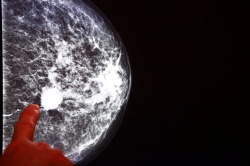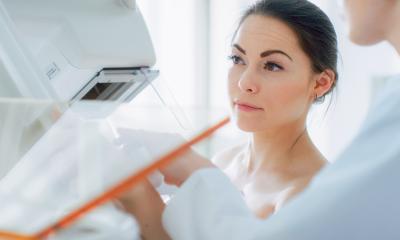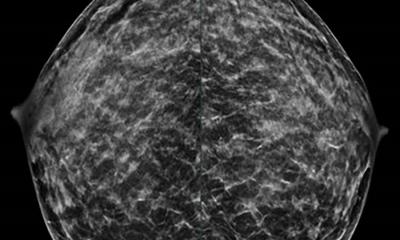Clinical trial
A simple breath test could evolve breast cancer diagnostics
The University of Southern California (USC) Norris Comprehensive Cancer Center is actively recruiting for a clinical trial that is researching the effectiveness of a breath test for breast cancer diagnostics. The BreathLink device, manufactured by Menssana Research, Inc., captures a two-minute sample of a patient’s breath and provides immediate results on whether there are indications of breast cancer.

If proven effective, the test would be used in conjunction with mammograms to rule out false-positive tests, sparing patients the pain, cost and anxiety of unnecessary biopsies. “Diagnosing breast cancer requires the utmost vigilance, but we need to temper this vigilance with accuracy to prevent unnecessary testing,” said Linda Hovanessian-Larsen, MD, associate professor of clinical radiology and director of Women’s Imaging at the Keck School of Medicine of USC. Larsen is leading the trial at USC Norris and focuses much of her research to improving the accuracy and efficiency of breast cancer diagnostic techniques. “This kind of technology would be a welcome asset to our field, and we are eager to assess the safety and efficacy of this test.”
BreathLink is a non-invasive testing device that collects, concentrates and analyzes the organic compounds in a patient’s breath sample within minutes. Additionally, test results are uploaded to Menssana’s laboratory in New Jersey. While the test cannot diagnose disease, it can indicate if the patient should undergo further testing, which can save time and money while preventing additional emotional distress. Current research is evaluating the device’s effectiveness in lung cancer, breast cancer, heart transplant rejection, radiation exposure and pulmonary tuberculosis. The device is not yet approved by the Food and Drug Administration.
More information about the trial can be found here.
Source: Keck Medicine of USC
25.06.2017











